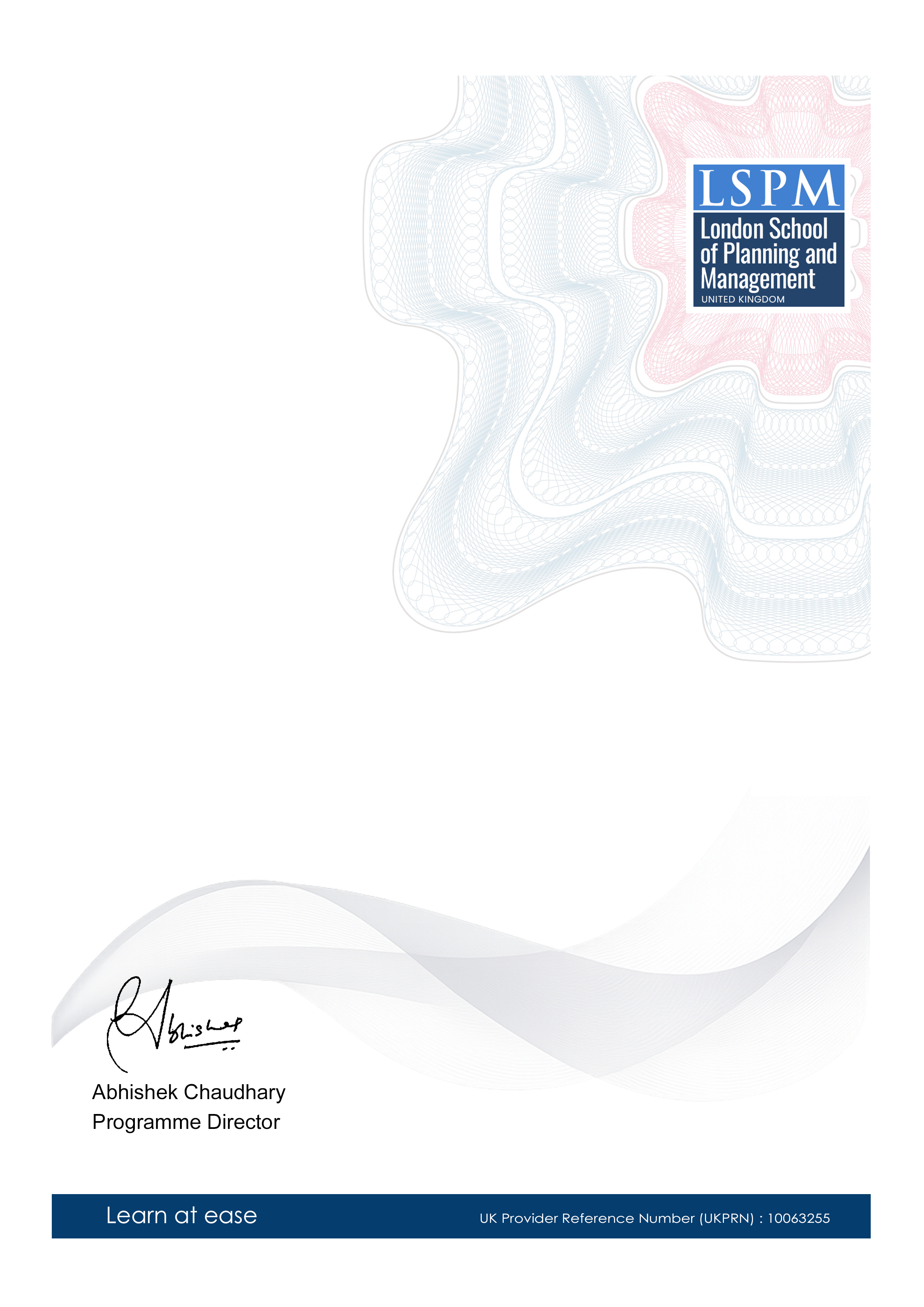Global Certificate Course in Cloud Computing Best Practices for Business Analysts
-- viewing nowThe Global Certificate Course in Cloud Computing Best Practices for Business Analysts is a comprehensive program designed to empower learners with the necessary skills to thrive in the rapidly evolving cloud computing landscape. This course highlights the importance of cloud computing in modern businesses, addressing industry demand for professionals who can effectively analyze, design, and implement cloud solutions.
4,298+
Students enrolled
GBP £ 149
GBP £ 215
Save 44% with our special offer
About this course
100% online
Learn from anywhere
Shareable certificate
Add to your LinkedIn profile
2 months to complete
at 2-3 hours a week
Start anytime
No waiting period
Course details
• Cloud Computing Fundamentals: Understanding cloud computing basics, deployment models (Public, Private, Hybrid, and Multi-cloud), and service models (IaaS, PaaS, SaaS, FaaS).
• Cloud Security Best Practices: Implementing security policies, data encryption, identity and access management, and security monitoring in cloud environments.
• Cost Optimization in Cloud Computing: Utilizing cost management tools, reserving instances, rightsizing resources, and implementing tagging strategies for cost visibility.
• Cloud Migration Strategies: Evaluating migration readiness, selecting migration tools, and executing lift-and-shift, rehosting, replatforming, or refactoring migration approaches.
• Designing Scalable and Resilient Cloud Architectures: Implementing load balancing, auto-scaling, and fault-tolerant systems for high availability and performance.
• Performance Monitoring and Tuning in Cloud Environments: Using monitoring tools, setting up alerts, and optimizing resource configurations for performance and cost efficiency.
• Disaster Recovery and Business Continuity in the Cloud: Implementing disaster recovery plans, setting up backup and restore strategies, and ensuring business continuity.
• Cloud Governance and Compliance: Establishing governance policies, following compliance regulations, and implementing auditing processes for cloud resources.
• Data Management in Cloud Computing: Designing data storage solutions, implementing data backup and recovery strategies, and optimizing data access and retrieval.
Career path
Entry requirements
- Basic understanding of the subject matter
- Proficiency in English language
- Computer and internet access
- Basic computer skills
- Dedication to complete the course
No prior formal qualifications required. Course designed for accessibility.
Course status
This course provides practical knowledge and skills for professional development. It is:
- Not accredited by a recognized body
- Not regulated by an authorized institution
- Complementary to formal qualifications
You'll receive a certificate of completion upon successfully finishing the course.
Why people choose us for their career
Loading reviews...
Frequently Asked Questions
Course fee
- 3-4 hours per week
- Early certificate delivery
- Open enrollment - start anytime
- 2-3 hours per week
- Regular certificate delivery
- Open enrollment - start anytime
- Full course access
- Digital certificate
- Course materials
Get course information
Earn a career certificate

